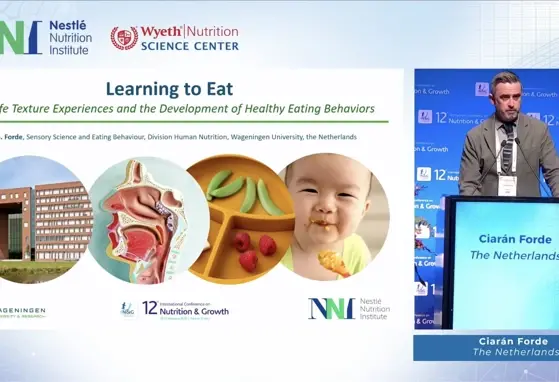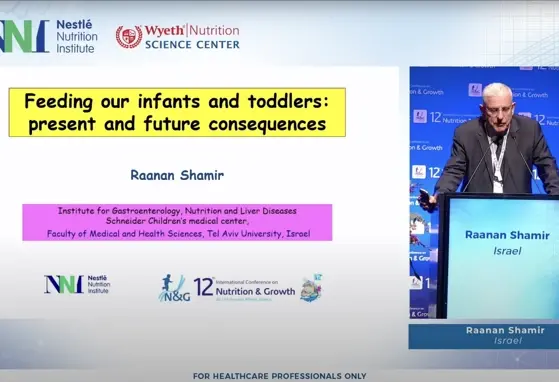Kids Who Go to Bed Late More Likely to Skip Breakfast and Eat More Junk Food
New research from the University of South Australia (UniSA) suggests that sleep timing and sleep quality can influence the dietary behaviors of school-aged children, causing them to skip breakfast and eat more junk food.
The study examined the sleep and eating behaviours of 28,010 school children aged between 9 to 17 years from data collected via the South Australian Wellbeing and Engagement Collection from 368 government and independent schools in South Australia.
Results show that children who regularly went to bed after 11 pm were 4 to 5 times more likely to eat fewer than three breakfasts a week, and two to three times more likely to eat junk food at least 5 times a week.
Lead researcher, UniSA’s Alex Agostini, PhD, says the findings clearly demonstrate the links between sleep and diet among school-aged children.
“Sleep is important for everyone’s health and wellbeing, but when children and teenagers are regularly missing breakfast or eating junk food, their bodies and minds can suffer,” Agostini says in a release. “When children have poor sleep and go to bed late at night, it increases their chance of missing breakfast the next morning.
“Late bedtimes also increase the odds of children and teenagers eating junk food more often, which is never a good thing—not only does it lack nutritional benefit, but it also contributes to the growing concerns around childhood obesity.”
Kurt Lushington, PhD, MPsych, co-researcher, professor, and head of UniSA’s discipline of psychology, says the study also found a substantial proportion of children in the study to be sleep-deprived.
“The National Sleep Foundation recommends 9-11 hours’ sleep for children aged 6-13 years, and 8-10 hours’ sleep for children aged 14-17 years. Yet according to these standards, 16% of children in this study were not getting enough sleep,” Lushington says. “Good quality sleep—and enough of it—is important for children and adolescents. Without it, children not only develop fatigue and behavioural and emotional problems, but also make poor food choices.”
The study also strengthens evidence for educational policy relating to the provision of breakfast or pre-lunch nutrition breaks in schools.
“Encouraging schools to offer breakfast programs and ‘brain food’ breaks earlier in the day can help counteract the effects of poor dietary choices as a result of lack of sleep,” Lushington says. “Promoting healthy sleep and a nutritional diet for children and teenagers is critical if we are to help them realize their best potential, physically and psychologically.”
Links : http://www.sleepreviewmag.com/2018/08/kids-go-bed-late-likely-skip-breakfast-eat-junk-food/
If you liked this post you may also like


Learning to Eat: Early life texture experience in the development of eating behaviors and dietary patterns


Feeding our infants and toddlers: present and future consequences